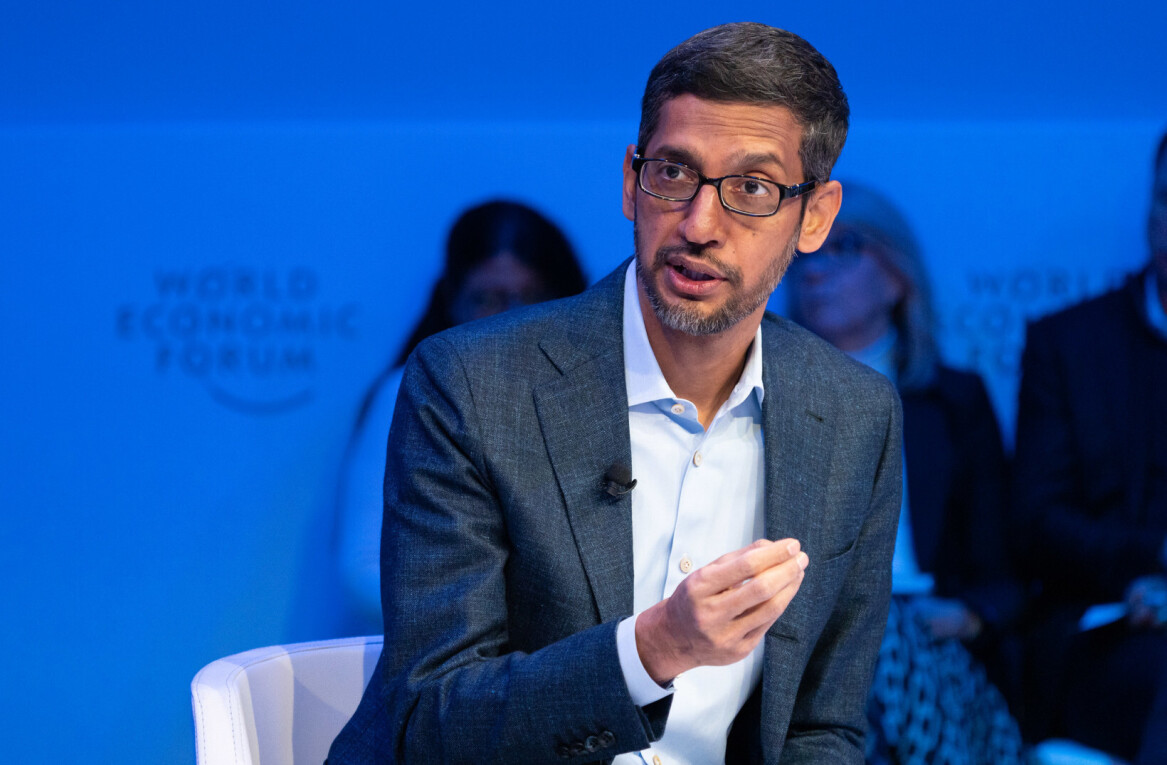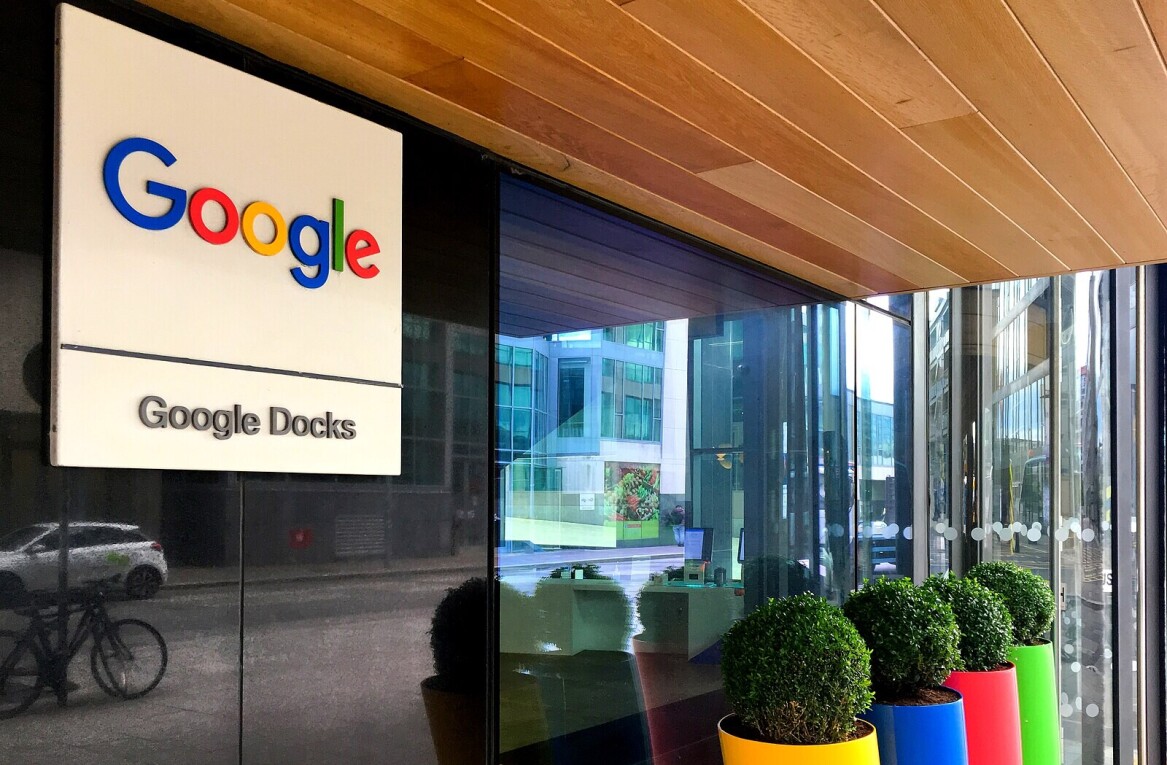
Last week, Google trimmed down its privacy policies into a single document to cover all its products, and followed this up with a letter to Congress explaining the reasons behind its new policy. Indeed, its announcement last week brought pretty widespread condemnation, and this has led Microsoft to jump on the bandwagon and stick the boot in too.
Frank X. Shaw, Corporate Vice President, Corporate Communications at Microsoft, has announced in a blog post today that the Redmond-based computing giant will be placing a series of ads in the US press this week, as it seeks to “remind people of the alternatives.”
“During the last week or so, there has been a fair amount of discussion about how Google is making some unpopular changes to some of its most popular products,” says Shaw. “You can see some of the concerns and worries about lack of choice and so on in these links. When we read the coverage last week, it was clear people were honestly wrestling with the choices that had been made for them and were looking for options or alternatives.”
Shaw goes on to explain that the changes rolled out by Google last week, “make it harder, not easier”, for users to control their data. “We take a different approach – we work to keep you safe and secure online, to give you control over your data, and to offer you the choice of saving your information on your hard drive, in the cloud, or on both,” adds Shaw.
The “alternatives” Shaw alludes to, of course, cover its own email (Hotmail), search (Bing), documents (Office 365) and browser (Internet Explorer) products. And with a clear dig to Google Docs’ ribs, Shaw refers to Office 365 as the “award-winning online collaboration solution for businesses who don’t want their documents and mail used to benefit advertisers.”
The ads will run across the New York Times, Wall Street Journal and other mainstream titles, and will fall under a ‘Putting People First’ headline. And the ad is very heavily focused on the anti-advertiser theme, noting:
“Every data point Google collects and connects to you increases how valuable you are to an advertiser.”
Meanwhile, check out the ad for yourself here:
Get the TNW newsletter
Get the most important tech news in your inbox each week.





